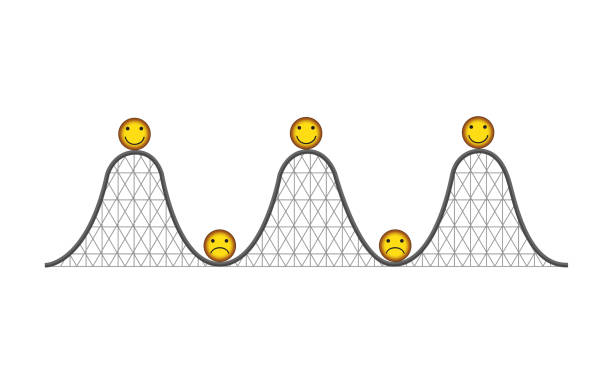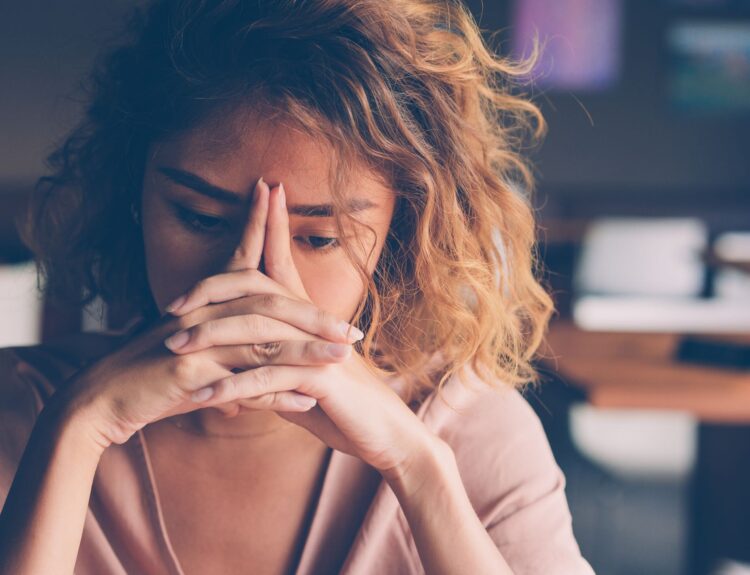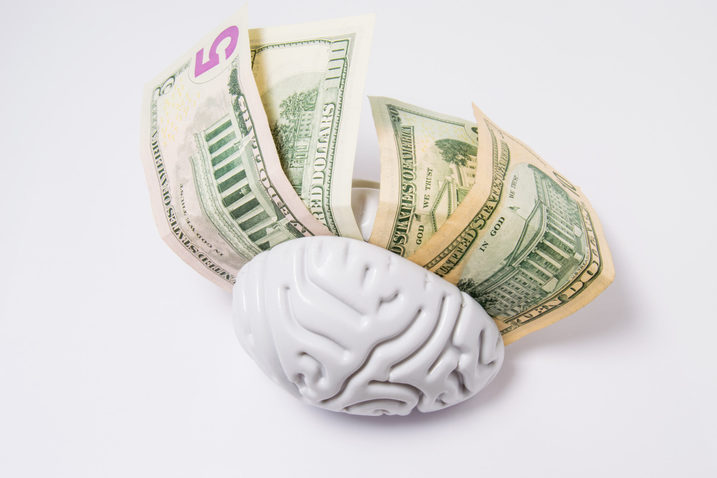[ad_1]
An emotional rollercoaster can be a confusing and exhausting experience for many people. This article will explore why we may feel this way and offer some insights into managing these emotions effectively.
Why do I feel this way?
It is not uncommon for individuals to experience a wide range of emotions throughout the day. From happiness and excitement to sadness and anxiety, our emotions can fluctuate for various reasons. One common reason for feeling this emotional rollercoaster is stress. When we are under pressure or facing challenging situations, our bodies release stress hormones that can affect our mood and emotional well-being.
Another reason for feeling emotionally unstable could be due to unresolved trauma or past experiences. These can resurface unexpectedly, causing a flood of emotions that we may not understand or know how to cope with. It is important to recognize these triggers and seek help from a mental health professional if needed.

How can I cope with these emotions?
One way to cope with the emotional rollercoaster is to practice mindfulness and stay present in the moment. By focusing on the present and engaging in activities that bring you joy and peace, you can help calm your mind and regulate your emotions. Additionally, it can be helpful to talk to someone you trust about how you are feeling, whether it be a friend, family member, or therapist.
Exercise can also be a great way to release pent-up emotions and improve your overall mental well-being. Physical activity releases endorphins, which are known as the “feel-good” hormones and can help boost your mood. Finding healthy coping mechanisms that work for you, such as journaling, meditation, or deep breathing exercises, can also be beneficial in managing these intense emotions.
Is it normal to feel this way?
Yes, it is normal to experience a range of emotions, including highs and lows. We all go through periods of emotional instability, but if these feelings persist for an extended period and start to interfere with your daily life, it may be a sign that you need to seek help. Mental health is just as important as physical health, and it is essential to prioritize your emotional well-being.
Remember that it is okay to not be okay and that asking for help is a sign of strength, not weakness. Therapy, medication, and other forms of treatment can be beneficial for managing these emotions and improving your overall quality of life.
How can I support someone going through an emotional rollercoaster?
If you know someone who is struggling with their emotions, the best thing you can do is to offer them your support and understanding. Listen to them without judgment, and validate their feelings. Sometimes, all someone needs is a listening ear and a shoulder to lean on.
Encourage them to seek professional help if needed, and offer to accompany them to therapy sessions or appointments. Check in on them regularly and let them know that you are there for them no matter what. Your support can make a significant difference in their journey towards healing and emotional stability.

Conclusion
Understanding the emotional rollercoaster can be a challenging but important aspect of mental health. By recognizing the reasons behind why we may feel this way and learning healthy coping mechanisms, we can better navigate our emotions and improve our overall well-being. Remember that it is okay to not be okay and that seeking help is a sign of strength. Take care of your mental health, prioritize self-care, and remember that you are not alone in this journey.
FAQs
1. What are some common triggers for the emotional rollercoaster?
Common triggers for the emotional rollercoaster include stress, unresolved trauma, past experiences, and hormonal imbalances.
2. How can I differentiate between normal emotional fluctuations and a more serious mental health issue?
If your emotions persist for an extended period and start to interfere with your daily life, it may be a sign that you need to seek help from a mental health professional.
3. How can I help a loved one who is going through an emotional rollercoaster?
Offer your support, listen without judgment, encourage them to seek help if needed, and check in on them regularly to show that you care.
4. Is it okay to feel overwhelmed by my emotions?
It is completely normal to feel overwhelmed by your emotions, but if these feelings persist and start to impact your daily life, it may be time to seek help.
5. What are some healthy coping mechanisms for managing the emotional rollercoaster?
Healthy coping mechanisms include mindfulness, exercise, talking to someone you trust, journaling, meditation, deep breathing exercises, and seeking professional help when needed.
[ad_2]






